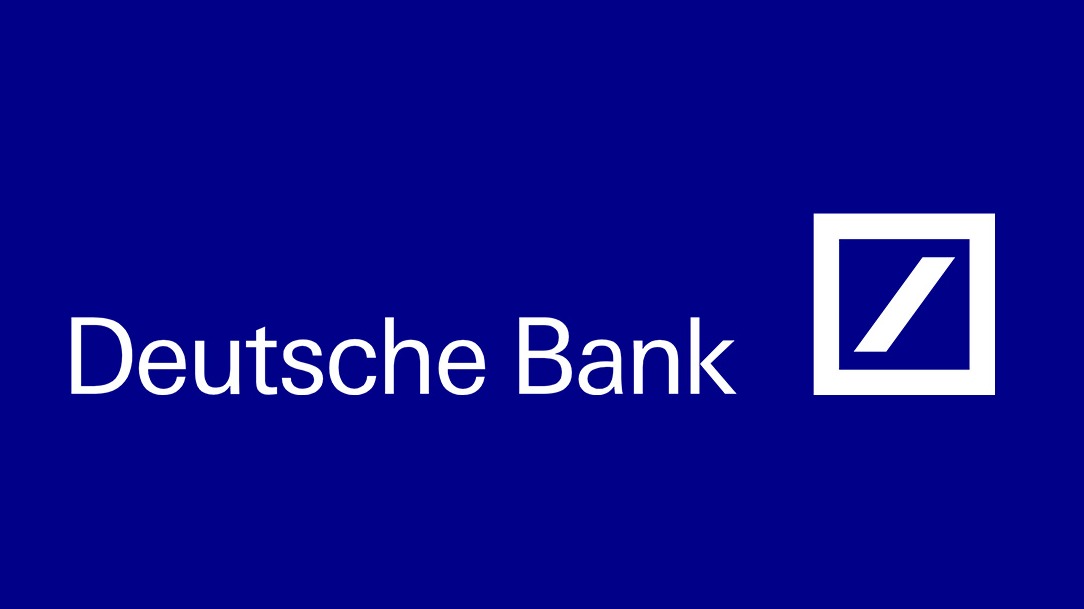Banking and investment firms will spend around $652 billion on IT services in 2023, predicts market researcher Gartner.
According to a new report, IT spend in the sector will increase by eight per cent from 2022 with software set for the largest jump of about 13 per cent in 2023.
A survey of technology executives showed that more than half plan to increase investment in cloud and reduce spending in their own data centres, which is expected to fall from 13 per cent in 2022 to around 6 per cent.
Debbie Buckland, director analyst at Gartner said that the economic climate has contributed to this change in technology spending in the financial sector. She said: “Rather than cutting IT budgets, organizations are spending more on the types of technologies that generate significantly higher business outcomes. Spending on software, for example, is shifting away from building it in-house, in favour of buying solutions that generate value from investments more rapidly.”
IT services will be the largest spending category driven by the increased use of consulting services and infrastructure as a service (IaaS) Gartner said the sector will reach almost $270 billion in 2023, an increase of around nine percent from 2022.
Buckland added: “Economic uncertainty is leading organizations to break down long-term contracts into multiple shorter projects. They’re also reluctant to sign new contracts, commit to long-term initiatives or take on new technology partners, which is driving an increase in the use of IT consulting services.”
Latest News
-
Gemini to cut quarter of workforce and exit UK, EU and Australia as crypto slump forces retrenchment
-
Bank ABC’s mobile-only ila bank migrates to core banking platform
-
Visa launches platform to accelerate small business growth in US
-
NatWest to expand Accelerator programme to 50,000 members in 2026
-
BBVA joins European stablecoin coalition
-
eToro partners with Amundi to launch equity portfolio with exposure to ‘megatrends’
Creating value together: Strategic partnerships in the age of GCCs
As Global Capability Centres reshape the financial services landscape, one question stands out: how do leading banks balance in-house innovation with strategic partnerships to drive real transformation?
Data trust in the AI era: Building customer confidence through responsible banking
In the second episode of FStech’s three-part video podcast series sponsored by HCLTech, Sudip Lahiri, Executive Vice President & Head of Financial Services for Europe & UKI at HCLTech examines the critical relationship between data trust, transparency, and responsible AI implementation in financial services.
Banking's GenAI evolution: Beyond the hype, building the future
In the first episode of a three-part video podcast series sponsored by HCLTech, Sudip Lahiri, Executive Vice President & Head of Financial Services for Europe & UKI at HCLTech explores how financial institutions can navigate the transformative potential of Generative AI while building lasting foundations for innovation.
Beyond compliance: Building unshakeable operational resilience in financial services
In today's rapidly evolving financial landscape, operational resilience has become a critical focus for institutions worldwide. As regulatory requirements grow more complex and cyber threats, particularly ransomware, become increasingly sophisticated, financial services providers must adapt and strengthen their defences. The intersection of compliance, technology, and security presents both challenges and opportunities.
© 2019 Perspective Publishing Privacy & Cookies













Recent Stories